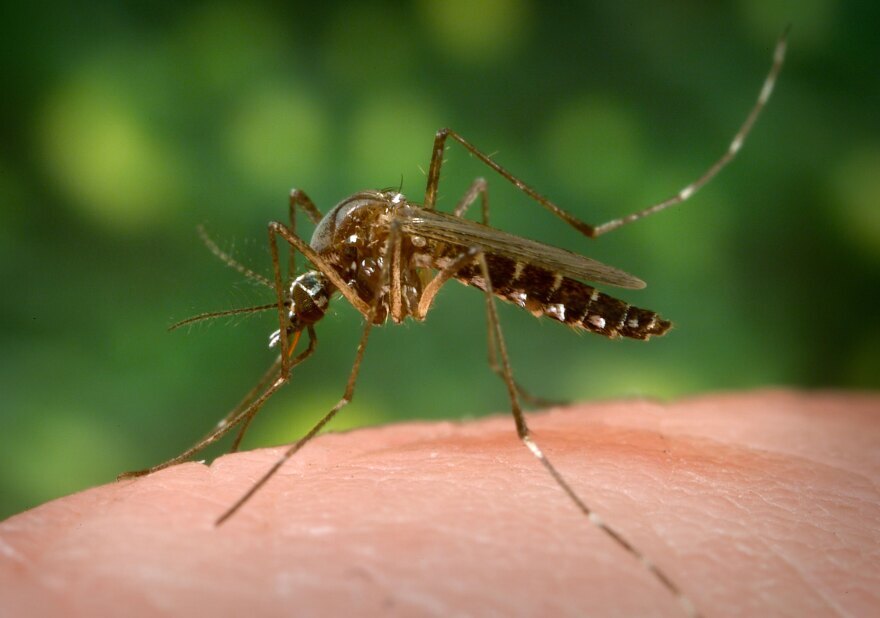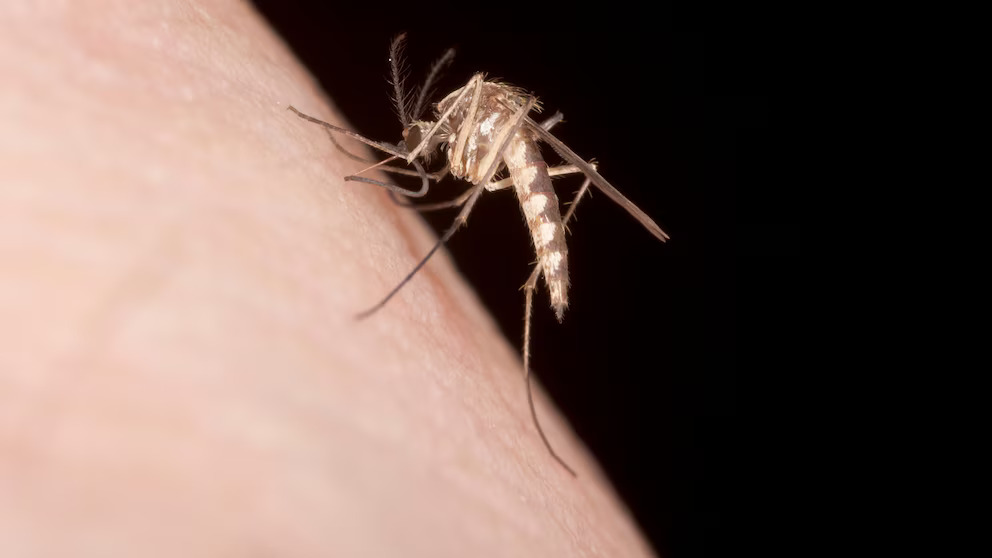New York Governor Kathy Hochul has raised an alert regarding the risks of mosquito-borne diseases following the state’s first death from Eastern Equine Encephalitis (EEE) since 2015. This death marks the second such fatality in the U.S. this year, with the previous case occurring in New Hampshire.
Hochul expressed her condolences to the family of the deceased individual, whose identity has not been made public. The Ulster County Department of Health is currently investigating the case. The Northeast region has been on alert for EEE, and New York is now intensifying efforts to manage the risk.
In response to the EEE threat, the state of New York is ramping up its mosquito control measures. Local health departments will conduct mosquito spraying operations through November, while state parks are distributing mosquito repellent to visitors.
Additionally, Dr. James McDonald, New York’s health commissioner, declared an Imminent Threat to Public Health due to the confirmed case of EEE. Governor Hochul stated that the state is increasing resources to support local health departments in preventing further spread of the disease.

Eastern Equine Encephalitis is a rare but serious illness transmitted through the bite of infected mosquitoes. According to the CDC, EEE leads to illness in about 4% to 5% of those infected, though it is potentially lethal.
The disease presents with symptoms such as fever, chills, and body aches, and in more severe cases, it can lead to neurological damage, including meningitis or encephalitis. This year has already seen at least 11 cases in the U.S., matching the national yearly average, with New York’s recent case being the latest addition.
Those most vulnerable to severe EEE infections are people under 15 and over 50 years of age. Unfortunately, there are no vaccines or treatments currently available for the disease. Severe symptoms of EEE can include seizures, vomiting, and coma.
About one-third of people who develop severe symptoms die, while survivors often face lasting neurological issues. Health officials are urging the public to take precautions, as mosquitoes will remain active until the weather brings multiple nights of freezing temperatures.
Most cases of EEE have historically been concentrated in eastern and Gulf Coast states, as well as the Great Lakes region. This summer, multiple human, animal, and mosquito cases have been reported across the Northeast.
States like Massachusetts, New Jersey, and Rhode Island have all confirmed cases in humans, along with New York’s first case in nearly a decade. To minimize the risk of infection, the CDC recommends taking steps to avoid mosquito bites, such as wearing long-sleeved clothing, using insect repellent, and eliminating standing water around homes.
